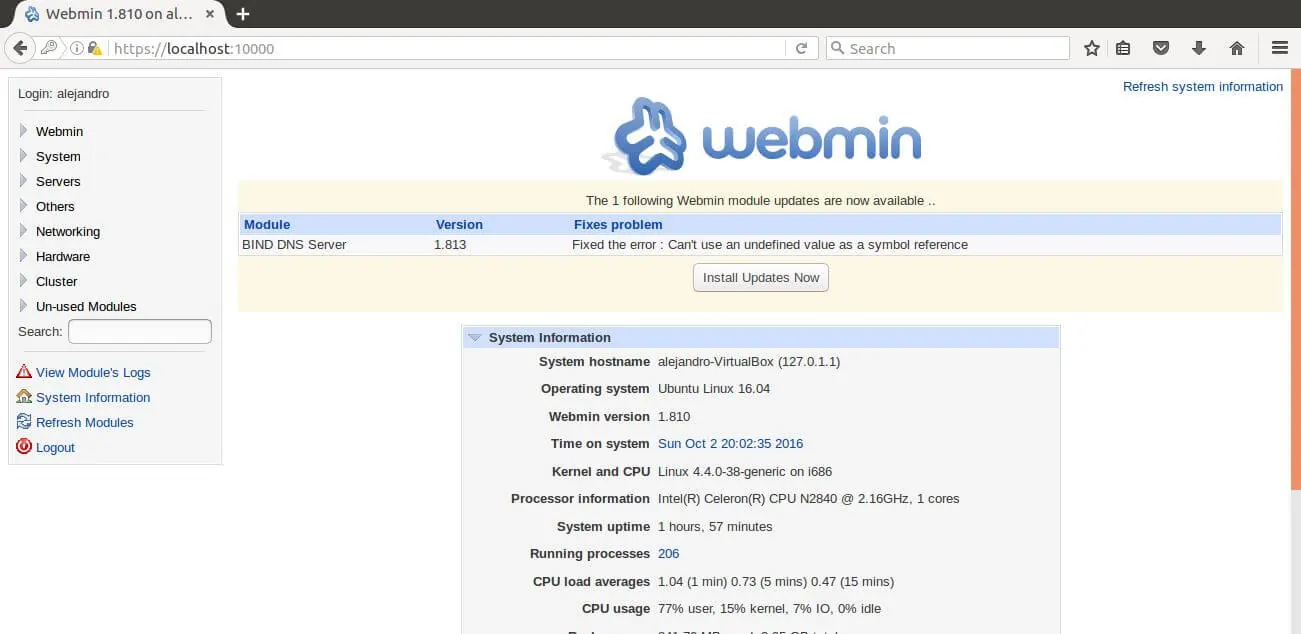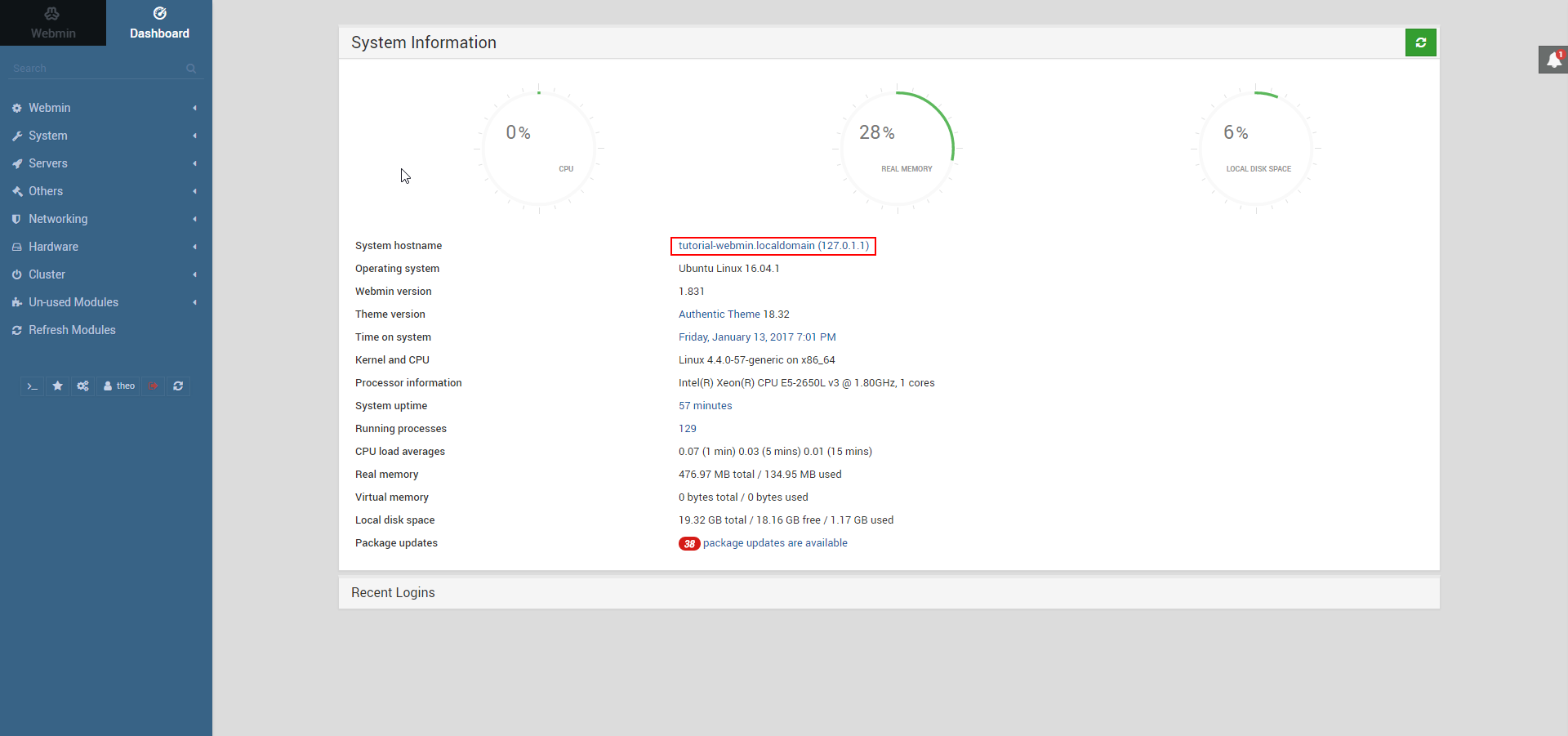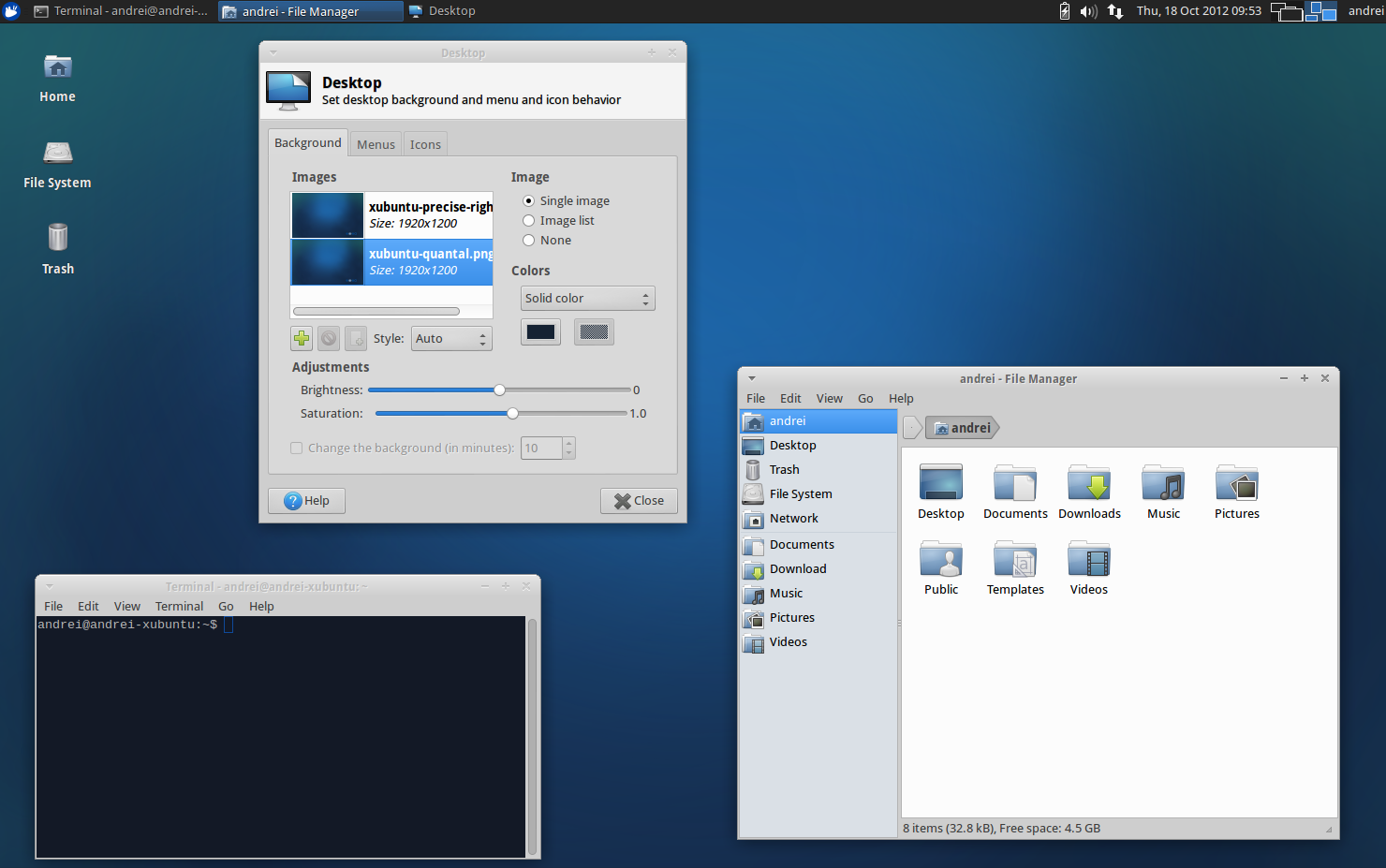

I’ve compiled a list of a few of these applications because they are simple to install and use while providing the maximum number of functions that a typical user wants. If you have a desktop computer, there is some nice backup software for Linux. Users can operate their PCs graphically using Linux desktops or workstations. Best Linux Backup Software for desktops and servers

As a result, it is critical to backup your server on a regular basis, ensure that files are not corrupted, and, most importantly, those backup files are stored in a secure location. Hackers frequently do not prioritize erasing your server instead, they infect it with malicious code in order to constantly monitor it, attack other servers, and steal as much data as possible.īackups enable you to restore your server’s functionality. If your server is compromised due to a zero-day vulnerability or human error, ensure you have working backups ready to be restored to a new or the same server. That article will strengthen the security of your Linux server.

I encourage that you read the article if you haven’t already. It demonstrates a variety of methods in which your servers might be exploited.
#Xubuntu webmin how to
In the previous article, I discussed how to secure a Linux server. This is an important article if you own a Linux server. Prices start at $6.99 per month for an 8GB RAM and 4 Core CPU VPS. In this article, I’ll go over the best Linux backup software for PCs and servers.īefore we continue, we’d like to tell you about Contabo. Even if you successfully package your operating system and upload it to the server, manually restoring that backup would be difficult. Google Drive, Gdrive, Dropbox, and other similar services are not intended to be used for systematically keeping backups. Uploading system files to the server will take time, and the administrator will need to sign up for a subscription plan with enough storage for the backup. When administering a server, the administrator must be prepared for any calamity, such as a server crash that may destroy data, inadvertently deleting vital configuration files, or, in the worst-case scenario, the server being hacked. How about a Linux server? A production server regularly stores, updates, moves and deletes files. However, backing up the full operating system is typically not possible with cloud services such as Gdrive, OneDrive, etc.įurthermore, an operating system with a large number of apps can be larger than 100GB in size. We can back up essential files on the cloud and access them whenever we want. Without a doubt, cloud services have saved us a lot of time and effort.


 0 kommentar(er)
0 kommentar(er)
